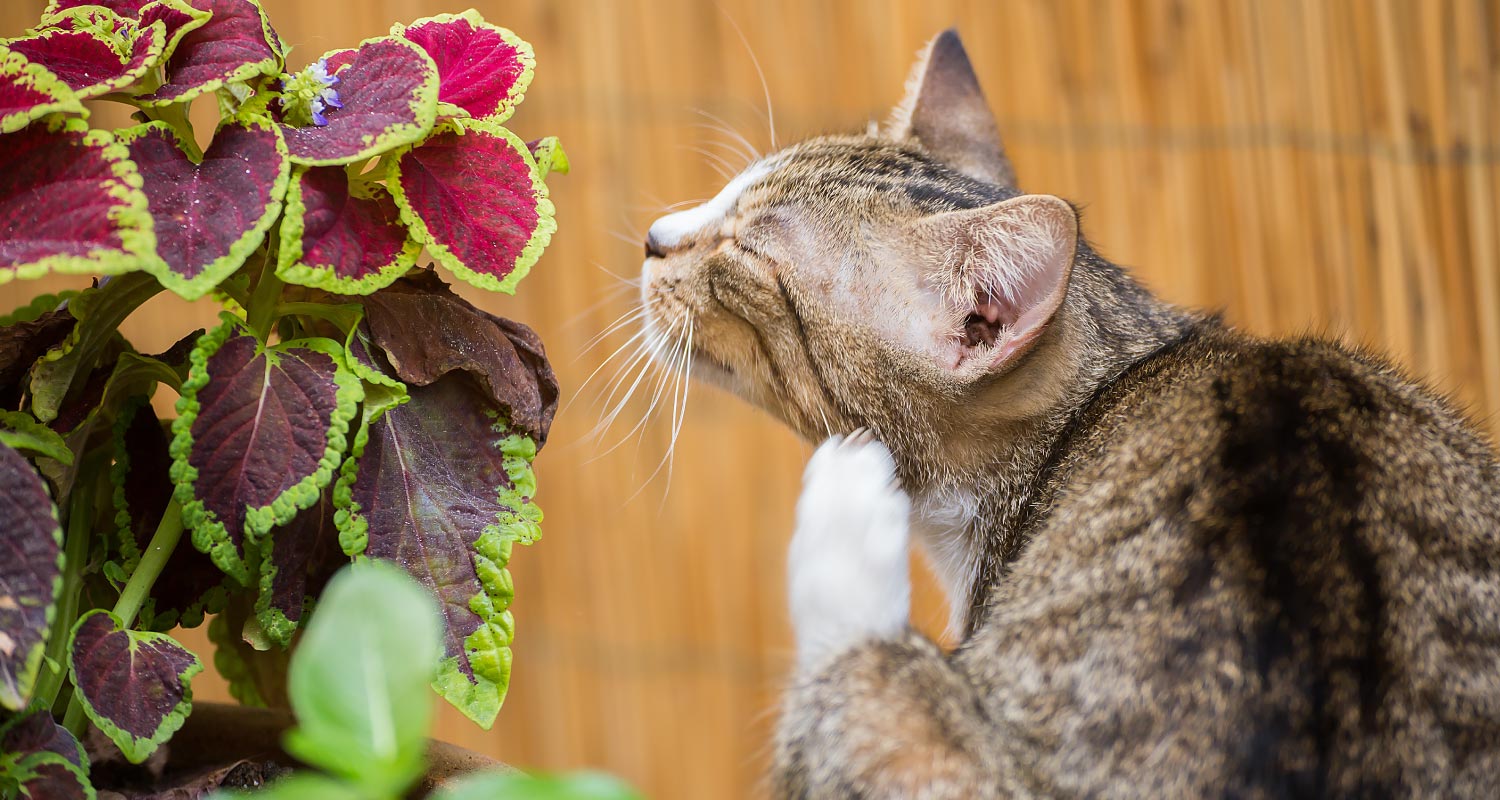HEALTH & WELLNESS

TRENDING

SIGN UP and Start Receiving
Our Monthly Newsletter,
The Chronicles
Most Common Parasites in Cats

Parasites are nasty organism that can be found practically everywhere, but some are more common and threatening than others. Let’s take a look at the most common parasites in cats, as well as insects that play a role in infestations and why they are a problem.
EXTERNAL PARASITES
Biting (Bloodsucking) Parasites
- Fleas are relentless organisms and probably the most common parasite in the cat world
- Mosquitoes are vectors, that is, they can transmit parasites from one animal or plant to another
- Ticks are potent disease vectors that can live for several years; young, sick and senior cats are most at risk.
Non-biting (Non-bloodsucking) Parasites
- Ear mites are most commonly seen in cats and can lead to ear infection, itching and scratching
- Burrowing mites cause mange which is highly contagious and causes great discomfort
INTERNAL PARASITES
Roundworms
- The cat roundworm is one of the most common and serious threats for cats. These parasites steal nutrients, cause vomiting, diarrhoea and even anaemia
- Adult roundworms live in the small intestines.
- Female roundworms can lay up to 300 000 eggs which make their way into the environment by travelling in the faeces of infested cats. The eggs become infective after 2 to 3 weeks and then stay alive and infective for up to 5 years!
Hookworms
- Hookworms are common internal parasites that pose a serious threat to cats, especially kittens; diarrhoea, pale gums and tarry stools are warning signs to look out for; unfortunately anaemia and death are possible outcomes
- Hookworms attach to the intestinal lining.
- Hookworm infection can be transmitted to humans.
Tapeworms
- Tapeworms are transmitted through the ingestion of infected fleas or rodents
- Tapeworms can potentially infect children if they ingest infected fleas (not common)
- Infestation can cause abdominal pain, weight loss and nausea
- Tapeworms live in the small intestines.
Lungworms
- Cats can get lungworm by ingesting infected prey; this parasite can gradually damage lung tissue or the airway by causing an inflammatory reaction
Speak to your veterinarian about the best parasite protection for your pets.
Related Articles



PLAU007-petlifeau-parasites-banner-ad-set-01-FA
PLAU007-petlifeau-parasites-banner-ad-set-02-FA
PLAU007-petlifeau-parasites-banner-ad-set-03-FA





